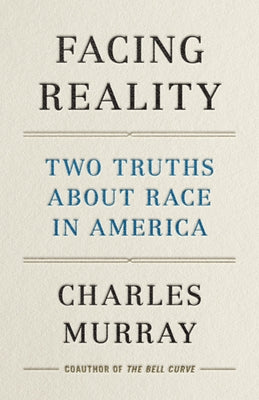Yellow Star, Red Star asks why Holocaust memory continues to be so deeply troubled--ignored, appropriated, and obfuscated--throughout Eastern Europe, even though it was in those lands that most of the extermination campaign occurred. As part of accession to the European Union, Jelena Subotic shows, East European states were required to adopt, participate in, and contribute to the established Western narrative of the Holocaust. This requirement created anxiety and resentment in post-communist states: Holocaust memory replaced communist terror as the dominant narrative in Eastern Europe, focusing instead on predominantly Jewish suffering in World War II. Influencing the European Union's own memory politics and legislation in the process, post-communist states have attempted to reconcile these two memories by pursuing new strategies of Holocaust remembrance. The memory, symbols, and imagery of the Holocaust have been appropriated to represent crimes of communism.
Yellow Star, Red Star presents in-depth accounts of Holocaust remembrance practices in Serbia, Croatia, and Lithuania, and extends the discussion to other East European states. The book demonstrates how countries of the region used Holocaust remembrance as a political strategy to resolve their contemporary "ontological insecurities"--insecurities about their identities, about their international status, and about their relationships with other international actors. As Subotic concludes, Holocaust memory in Eastern Europe has never been about the Holocaust or about the desire to remember the past, whether during communism or in its aftermath. Rather, it has been about managing national identities in a precarious and uncertain world.
About the AuthorJelena Subotic is Professor of Political Science at Georgia State University in Atlanta. She is the author of Hijacked Justice and numerous scholarly articles.





















![FSOT Study Guide: FSOT Test Prep and Practice Questions for the Foreign Service Officer Test [2nd Edition] by Tpb Publishing](http://surprisecastle.com/cdn/shop/files/img_25de26b6-ff3e-44b4-9b88-a204c7ac2d94.jpg?v=1731073422&width=533)






























